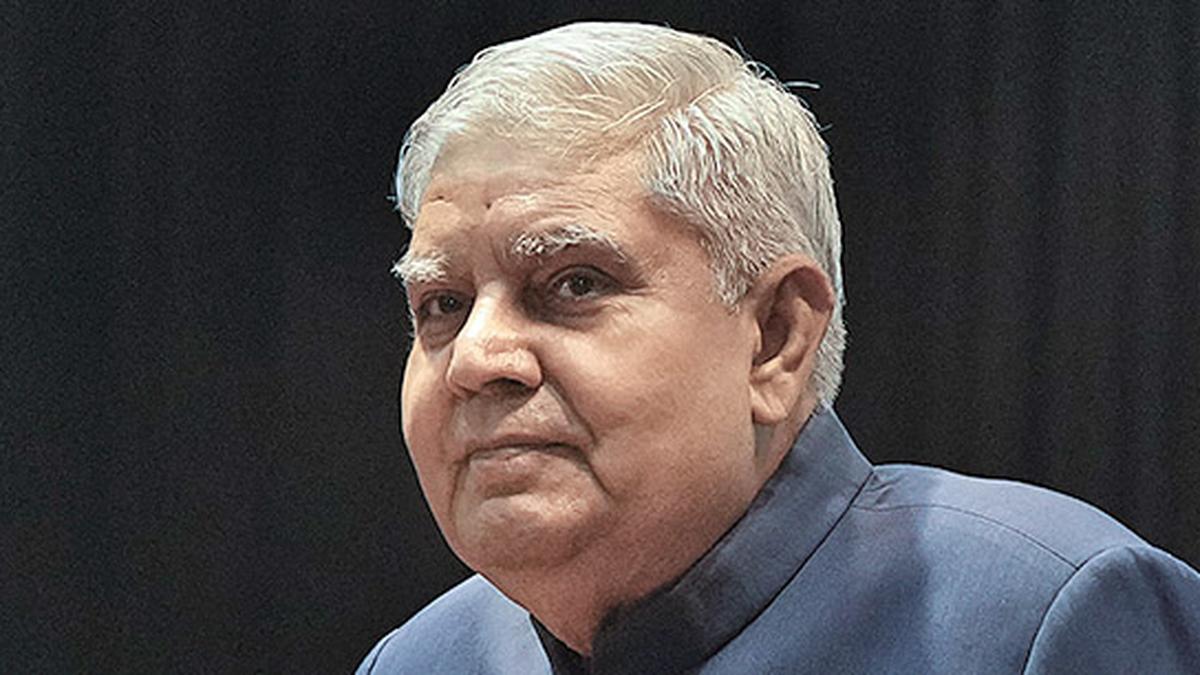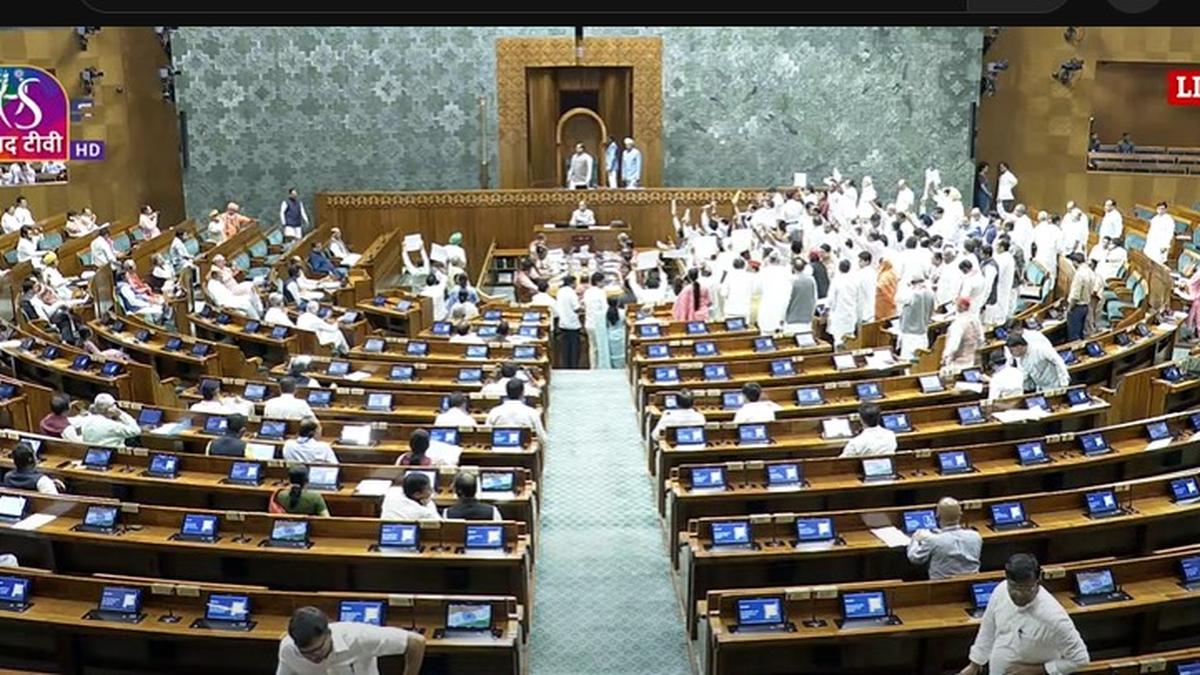Now Reading: Jagdeep Dhankar Resignation Sparks Speculation, Opposition Cites ‘Deeper Reasons
-
01
Jagdeep Dhankar Resignation Sparks Speculation, Opposition Cites ‘Deeper Reasons
Jagdeep Dhankar Resignation Sparks Speculation, Opposition Cites ‘Deeper Reasons

Speedy Summary
- Vice-President Jagdeep Dhankhar resigned on July 21, 2025, citing health reasons. Teh Home Ministry issued the gazette notification marking his formal exit on july 22.
- Prime Minister Narendra Modi acknowledged Mr. Dhankhar’s resignation in a social media post, wishing him good health but providing no further details.
- Unofficial sources suggest the resignation may have been linked to Mr. Dhankhar’s acceptance of Opposition MPs’ notice seeking removal of Justice Yashwant Varma-an issue intended for bipartisan coordination in the Lok Sabha instead of Rajya Sabha.
- A joint committee was proposed by mr. Dhankhar to examine allegations against Justice Varma if similar notices were presented in both Houses, triggering friction between rajya Sabha and government officials over process handling and partisanship concerns.
- Previous disagreements between Mr. Dhankhar and the government reportedly included his criticism of judiciary decisions, lack of support against an Opposition impeachment motion last December, and admonition of Union Agriculture minister Shivraj singh chouhan over farmer protests at an event.
- Congress leader Jairam Ramesh highlighted deeper concerns regarding norms and protocol violations behind Mr. Dhankhar’s resignation, pointing out key absences from crucial meetings on his final day in office involving J.P Nadda and Kiren rijiju.
Indian Opinion Analysis
Vice-President Jagdeep Dhankhar’s sudden resignation raises crucial questions about institutional conduct amidst growing tension between political processes and established protocols in India’s governance framework. While officially attributed to health reasons, reports indicate that procedural issues around judicial accountability motions might have played a pivotal role-hinting at disharmony within India’s legislative machinery during moments requiring bipartisan consensus.
Mr. Dhankhar’s tenure saw instances where he openly criticized judiciary rulings or advocated positions not always aligned with governmental stance-possibly straining executive-legislative relations further despite constitutional boundaries for impartiality as Rajya Sabha Chairperson.
While speculation abounds about unresolved differences with ruling authorities alongside Opposition grievances dating back months ago toward “partisan behaviors,” broader implications spotlight India’s urgent need for functional coordination preserving democratic balance under challenging institutional debates like impeachment challenges/resignation-triggered vacancies surrounding transparency-compliance parameters operational clarity safeguards institutions collectively party-alignment management critiques nuanced-lasting cooperative engagement roadmap emphasize principle trust-required eliminate thorough reflective reforms future cases upcoming vacant selection smooth-efficient prioritization Publics vital common interest Note-respect bridging perspectives critical-centered implications moment overall!























